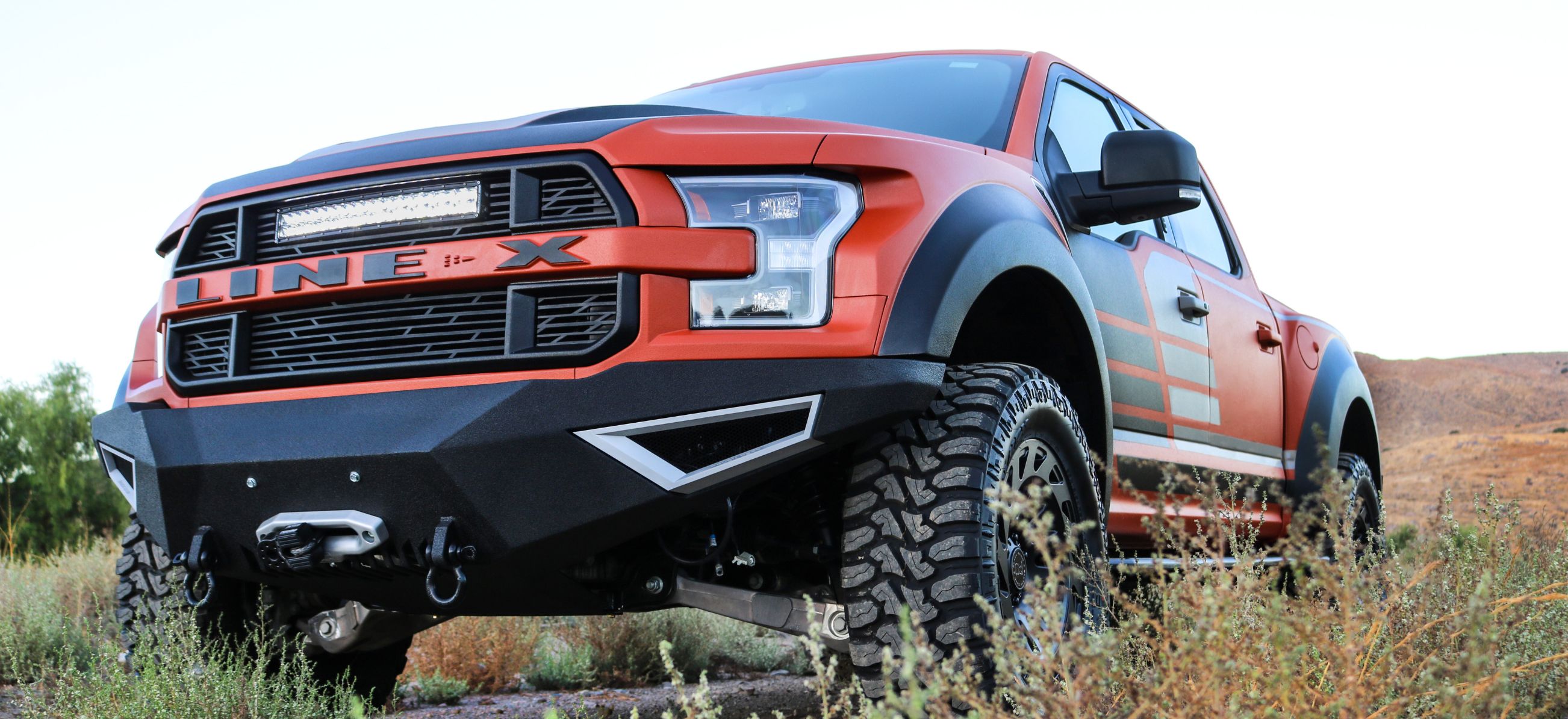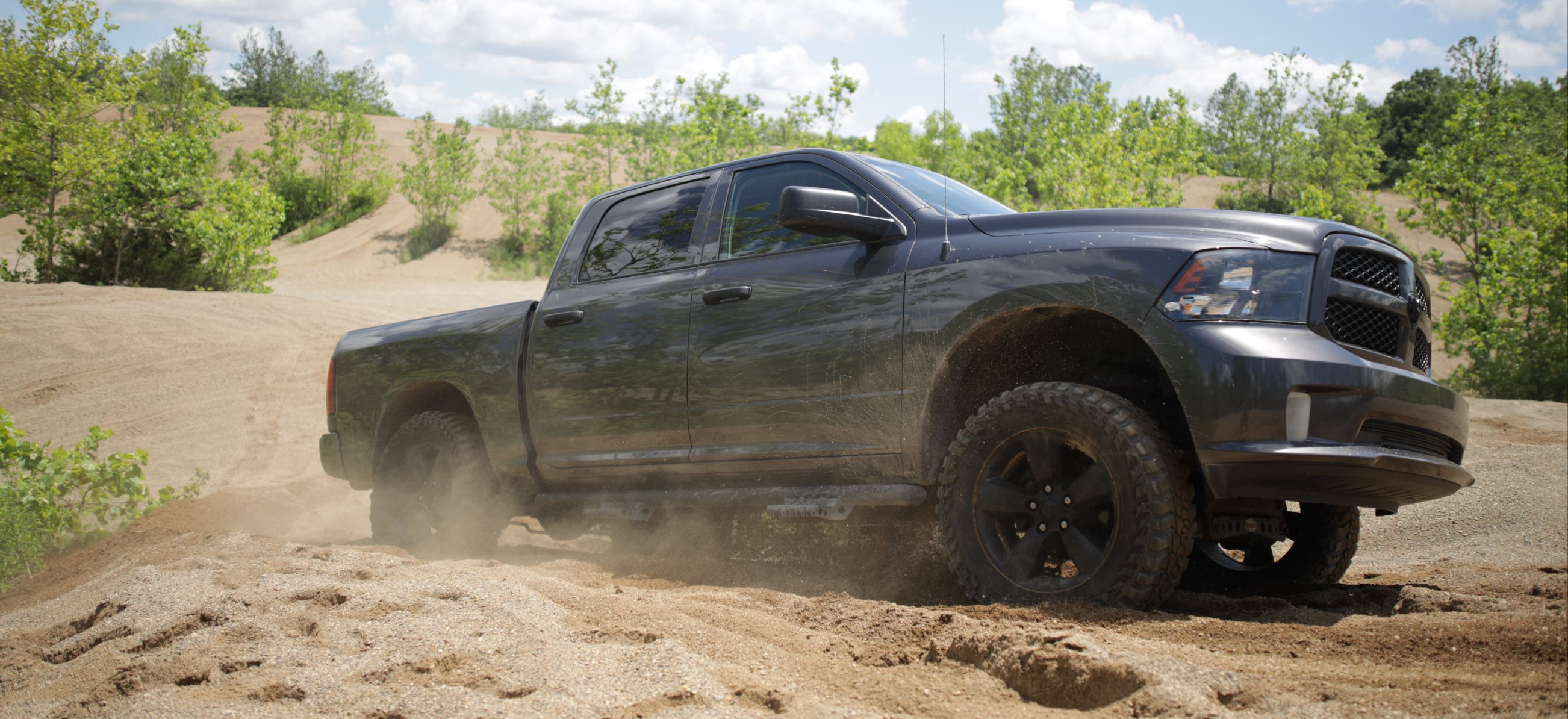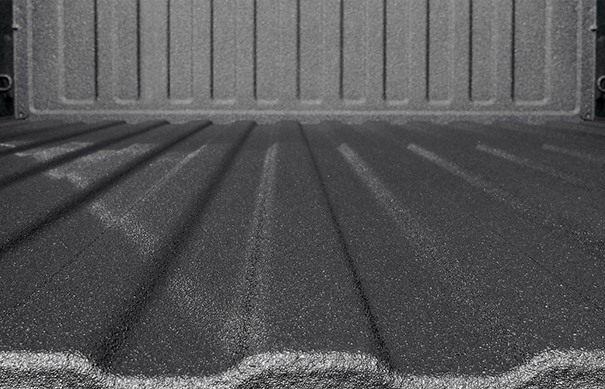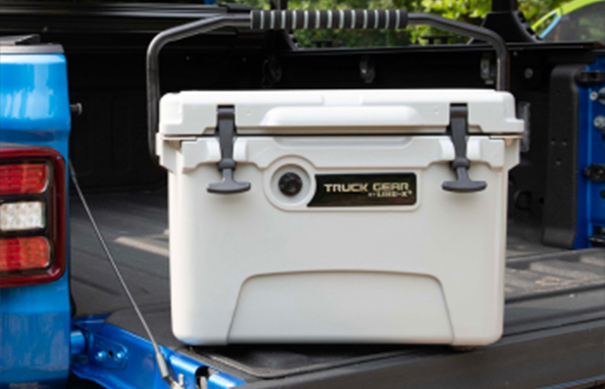When it comes to trucks, power and performance often take center stage. But for many truck enthusiasts, the real measure of a truck’s capability is its payload capacity. Whether you're hauling heavy loads for work, packing up for an off-road adventure, or just maximizing your truck's potential, knowing how to increase your truck's payload capacity can make all the difference. Let's dive into the nuts and bolts of how you can safely and effectively boost your truck's payload, so you're ready for whatever the road (or trail) throws your way.
Understanding Payload Capacity
Before diving into the ways to increase your truck's payload capacity, it’s important to understand what payload actually is. Payload capacity refers to the total weight your truck can carry, including passengers, cargo, and any additional accessories. This is different from towing capacity, which is the weight your truck can tow behind it. Overloading your truck can lead to decreased performance, increased wear and tear, and even dangerous situations on the road. So, it’s essential to know your truck’s limits and how to safely extend them.
Factors That Affect Payload Capacity
Several factors can influence your truck's payload capacity, and understanding them can help you make the right decisions when upgrading or loading your vehicle:
Gross Vehicle Weight Rating (GVWR): The GVWR is the maximum total weight your truck can safely handle, including the vehicle's weight, passengers, cargo, and any additional accessories. Exceeding the GVWR can lead to mechanical failure and unsafe driving conditions.
Curb Weight: This is the weight of your truck when it's empty, with no passengers, cargo, or additional accessories. The difference between the GVWR and the curb weight gives you the maximum payload capacity. The lighter the curb weight, the higher the potential payload capacity.
Suspension System: Your truck's suspension plays a crucial role in determining how much weight it can carry. A robust suspension system can support more weight, while a weaker one may limit your payload capacity.
Tire Load Rating: Tires have specific load ratings that indicate how much weight they can safely support. Using tires with a higher load rating can increase your payload capacity, while low-rated tires may become a limiting factor.
Frame Strength: The strength and design of your truck’s frame can also impact payload capacity. A stronger frame can handle more weight without bending or flexing, while a weaker frame may restrict how much you can safely load.
Brake System: Your truck's braking system must be able to handle the additional weight when carrying a heavy payload. An inadequate braking system can compromise safety and reduce your truck's effective payload capacity.
Understanding these factors can help you assess your truck’s current payload capacity and determine where upgrades might be necessary to safely carry heavier loads.

Tips for Increasing Your Truck’s Payload Capacity
1. Upgrade Your Suspension System
One of the most effective ways to increase your truck's payload capacity is by upgrading its suspension system. A beefed-up suspension can better handle the extra weight, providing stability and reducing strain on other components. Here’s how you can achieve that:
Heavy-Duty Springs: Replacing your stock springs with heavy-duty or overload springs can significantly increase your truck’s ability to carry heavy loads. These springs are designed to provide additional support, helping your truck stay level and stable even when fully loaded.
Air Bag Suspension: Air bag suspension systems are another excellent option for increasing payload capacity. These systems allow you to adjust the level of support based on the load you're carrying, ensuring optimal performance and comfort whether your truck is empty or fully loaded.
Upgraded Shocks: Upgrading to heavy-duty shocks will complement your new springs or air bags, ensuring your truck can handle rough terrains and heavy loads with ease. Shocks play a crucial role in maintaining ride quality and preventing excessive bounce, which is vital when carrying extra weight.
Invest in Stronger Tires
Tires and wheels are often overlooked when considering payload capacity, but they play a crucial role in safely carrying heavy loads. Upgrading to heavy-duty options ensures that your truck maintains traction, stability, and safety under increased weight.
Load-Range Tires: Tires are rated by load range, which indicates how much weight they can safely carry. Opting for tires with a higher load range ensures that they can handle the extra weight without risk of blowouts or excessive wear.
Heavy-Duty Wheels: Pairing your new tires with heavy-duty wheels is essential for maximizing your payload capacity. These wheels are designed to handle the increased stress of heavier loads, reducing the risk of warping or failure.
Reinforce Your Frame and Chassis
Your truck’s frame is the backbone of its structure, and reinforcing it can significantly enhance its load-bearing capabilities. While this is a more involved upgrade, adding additional support to your truck’s frame can prevent it from bending or twisting under heavy loads.
Frame Reinforcement Kits: These kits are designed to add extra strength to your truck's frame, distributing the load more evenly and reducing the risk of damage under heavy loads. They’re especially useful for trucks that frequently carry near-max capacity loads.
Crossmembers and Bracing: Adding extra crossmembers and bracing can also increase your truck’s payload capacity. These components provide additional structural support, ensuring that your truck can handle the added stress of heavier loads without bending or flexing.
4. Upgrade Your Brakes
When you increase your truck's payload capacity, you’re also adding more mass that needs to be brought to a stop. Upgrading your brake system is essential to ensure that your truck can safely handle the extra weight.
Larger Rotors and Calipers: Upgrading to larger rotors and calipers increases the braking surface area, improving your truck's stopping power. This is especially important when carrying heavy loads, as it reduces the risk of brake fade and overheating.
High-Performance Brake Pads: Pair your upgraded rotors and calipers with high-performance brake pads. These pads are designed to provide consistent braking power under heavy loads, ensuring your truck can stop safely even in demanding conditions.
Don’t Forget About the Axles
Axles are another critical component that often goes overlooked when increasing payload capacity. They bear the brunt of your truck’s weight, and upgrading them can help you handle heavier loads more safely.
Heavy-Duty Axles: If you’re serious about increasing your truck’s payload capacity, upgrading to heavy-duty axles is a must. These axles are designed to handle the increased stress of heavier loads, reducing the risk of failure and ensuring your truck can perform reliably under pressure.
5. Consider a Bedliner
While not a direct upgrade to payload capacity, adding a bedliner can help protect your truck’s bed from damage when carrying heavy or abrasive loads. A high-quality bedliner, like those offered by LINE-X, provides a durable, skid-resistant surface that prevents cargo from shifting and causing dents or scratches.
In addition to protecting your investment, a bedliner can also add a layer of insulation, reducing vibration and noise when driving with a heavy load.
6. Add a Load Distribution Hitch
If you’re regularly towing trailers or other equipment, a load distribution hitch can be a valuable upgrade. This type of hitch helps to evenly distribute the weight of your load across your truck’s axles, reducing the strain on any one part of your vehicle. Not only does this improve handling and stability, but it also maximizes your truck’s payload capacity.
7. Lighten the Load
It might seem counterintuitive, but one of the best ways to increase your payload capacity is by reducing the weight of your truck itself. The lighter your truck, the more weight it can carry without exceeding its gross vehicle weight rating (GVWR). Consider removing unnecessary accessories or opting for lighter materials when upgrading parts.

Considerations when Increasing Payload
When increasing your truck’s payload capacity, safety should always be your top priority. While the upgrades you make can enhance your truck’s capabilities, it’s crucial to ensure that your vehicle remains safe and reliable, especially when carrying heavier loads. Here’s what you need to know about safety considerations and maintenance to keep your truck in top shape.
Safety Considerations:
- Avoid Overloading: Even with upgraded components, there’s still a limit to how much weight your truck can safely carry. Always adhere to the manufacturer’s recommended GVWR and never exceed it.
- Proper Weight Distribution: How you load your truck matters just as much as how much you load it with. Ensure that the weight is evenly distributed across your truck bed to prevent imbalance, which can lead to swaying, reduced handling, and even rollovers.
- Regular Brake Checks: When carrying heavier loads, your brakes will be under more strain. Regularly check your brake pads, rotors, and fluid levels to ensure they’re in good condition.
- Monitor Tire Pressure: Proper tire pressure is crucial when hauling heavy loads. Underinflated or overinflated tires can lead to blowouts, reduced traction, and uneven wear. Check your tire pressure regularly, especially before long trips or when you know you’ll be carrying a heavy load.
- Stay Within Legal Limits: Different states and regions have specific laws and regulations regarding vehicle weight limits. Make sure your truck complies with these regulations to avoid fines, penalties, and potential safety hazards.
Maintenance Tips
- Regular Inspections: After making any upgrades, it’s important to conduct regular inspections of your truck’s critical components, including the suspension, tires, brakes, and frame. Look for signs of wear, damage, or stress that could compromise your truck’s performance.
- Lubricate Moving Parts: Carrying heavy loads puts extra stress on your truck’s moving parts, such as the suspension and joints. Regularly lubricate these components to reduce friction and prevent premature wear.
- Check the Suspension: If you’ve upgraded your suspension system, keep an eye on it for signs of sagging, excessive bouncing, or leaks in air springs. A well-maintained suspension ensures a smoother ride and better handling, even under heavy loads.
- Rotate and Balance Tires: To extend the life of your tires and maintain even wear, regularly rotate and balance them. This is especially important when carrying varying loads, as uneven weight distribution can cause tires to wear down faster.
- Maintain Fluid Levels: Your truck’s engine, transmission, and differential fluids all play a role in how well your vehicle handles additional weight. Regularly check and maintain fluid levels, and consider using high-performance fluids designed to handle increased stress.
- Stay on Top of Brake Maintenance: Replace brake pads and rotors as needed, and flush your brake fluid according to your truck’s maintenance schedule.
- Monitor Your Truck’s Handling: Pay attention to how your truck handles on the road. If you notice changes in steering, braking, or ride quality, it might be time to inspect your vehicle for potential issues or needed maintenance.
Remember, a well-maintained truck not only performs better but also keeps you, your passengers, and your cargo safe on every journey.
Common Questions about Increasing Payload Capacity
Can you increase the payload on a truck?
Yes, you can increase your truck’s payload capacity through a series of upgrades and modifications. This includes upgrading the suspension system, reinforcing the truck’s frame, installing higher load-rated tires, and enhancing the braking system. These upgrades allow your truck to safely handle heavier loads. However, it's important to note that even with these modifications, you must always stay within the manufacturer’s recommended Gross Vehicle Weight Rating (GVWR) to ensure safety and avoid overloading your vehicle.
Does adding leaf springs or helper springs increase payload?
Adding or upgrading leaf springs can help your truck handle heavier loads more effectively, but it doesn’t technically increase the manufacturer-rated payload capacity. Leaf springs improve your truck’s ability to support and distribute weight, reducing sag and improving stability when carrying heavy loads.
Helper springs, like leaf springs, don’t increase the truck’s official payload capacity but they do help your vehicle manage heavier loads more safely. Helper springs provide additional support to your truck’s existing suspension system, reducing sag and improving ride quality under load. They’re a great option for those who regularly carry heavy loads, as they enhance stability and handling, but they don’t change the manufacturer’s rated payload capacity.
How much can you exceed payload capacity for a truck?
You should never exceed your truck’s payload capacity. Exceeding the manufacturer’s recommended payload capacity can lead to serious safety risks, including reduced braking ability, poor handling, increased wear and tear on critical components, and even potential structural damage to your truck. Additionally, overloading your truck can void warranties and result in fines or penalties if you're caught exceeding legal weight limits. It’s essential to always stay within your truck’s rated payload capacity to ensure safe and reliable operation.
Elevate Your Truck’s Capabilities with Confidence
Increasing your truck’s payload capacity opens up a world of possibilities, whether you’re hauling gear for work, towing equipment for an adventure, or simply ensuring your vehicle is ready for anything. By making strategic upgrades and staying vigilant with maintenance, you can push the limits of what your truck can handle without compromising safety or performance.
LINE-X: Your Partner in Performance
No matter what upgrades you choose, LINE-X is here to help you get the most out of your truck. From protective coatings that shield your truck bed from the toughest conditions to expert advice on the best modifications for your needs, LINE-X offers top-of-the-line options that combine durability, style, and ease of installation. Contact your local LINE-X dealer or request a quote today.




 English
English
 French Canadian
French Canadian





